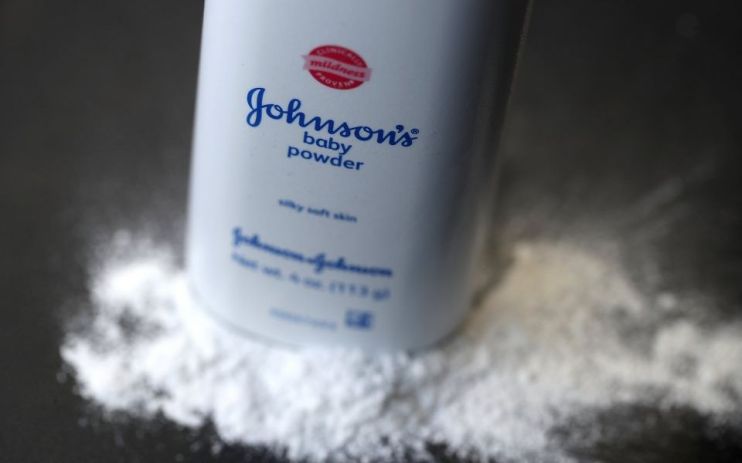Johnson & Johnson forced to pay woman $120m over baby powder-cancer ‘link’

Johnson & Johnson has been ordered to pay $120m (£90.3m) in damages to a US woman who claimed the company’s baby powder caused her cancer.
Speaking at a New York state court this afternoon, Justice Gerald Lebovits reduced the $325m payout a jury ordered Johnson & Johnson to pay out to Donna Olson and her husband Robert Olson last May following a 14-week trial.
While upholding the jury’s liability finding, Lebovits said the damages were too high, and the Olsons could either accept $120m or appeal for a new trial on damages.
Court records showed the $120m figure includes $15m of compensatory damages and $105m of punitive damages — down from an original $25m and $300m respectively.
Johnson & Johnson said it will appeal the verdict, citing “significant legal and evidentiary errors” at the trial.
“We deeply sympathize with anyone suffering from cancer, which is why the facts are so important,” the company said. “We remain confident that our talc is safe, asbestos free, and does not cause cancer.”
The Olsons filed a lawsuit against the health care giant in 2017 after she was diagnosed with terminal mesothelioma — a malignant tumor caused by inhaled asbestos fibres.
At the high-profile trial last year, Olson testified that she used Johnson & Johnson’s Baby Powder or Shower to Shower every day for more than 50 years.
Lebovits wrote that jurors found that the healthcare titan was for many years “knowingly deceitful about” or “willfully blind to” potential health risks of its talc products, in part to maintain market share and profit.
The Olsons’ lawyer, Jerome Block, today said the couple were satisfied with the result and confident it would stand.
He added that Olson’s mesothelioma “is at an advanced stage, and we are hoping for the best”.
Johnson & Johnson has separately appealed to the US. Supreme Court over $2.12bn in damages awarded to a group of women in Missouri who blamed their ovarian cancer on asbestos in its baby powder and other talc products.
Internal company records, trial testimony and other evidence show that from at least 1971 to the early 2000s, the company’s raw talc and finished powders sometimes tested positive for small amounts of asbestos.
The company last year said it would stop selling its talc Baby Powder in the US and Canada, after demand plummeted in the wake of what it called “misinformation” about the product’s safety amid a barrage of legal challenges.